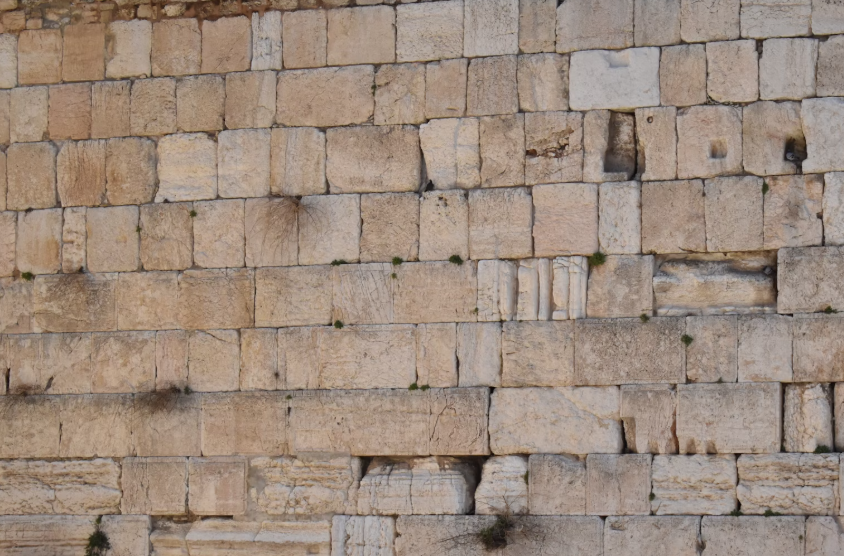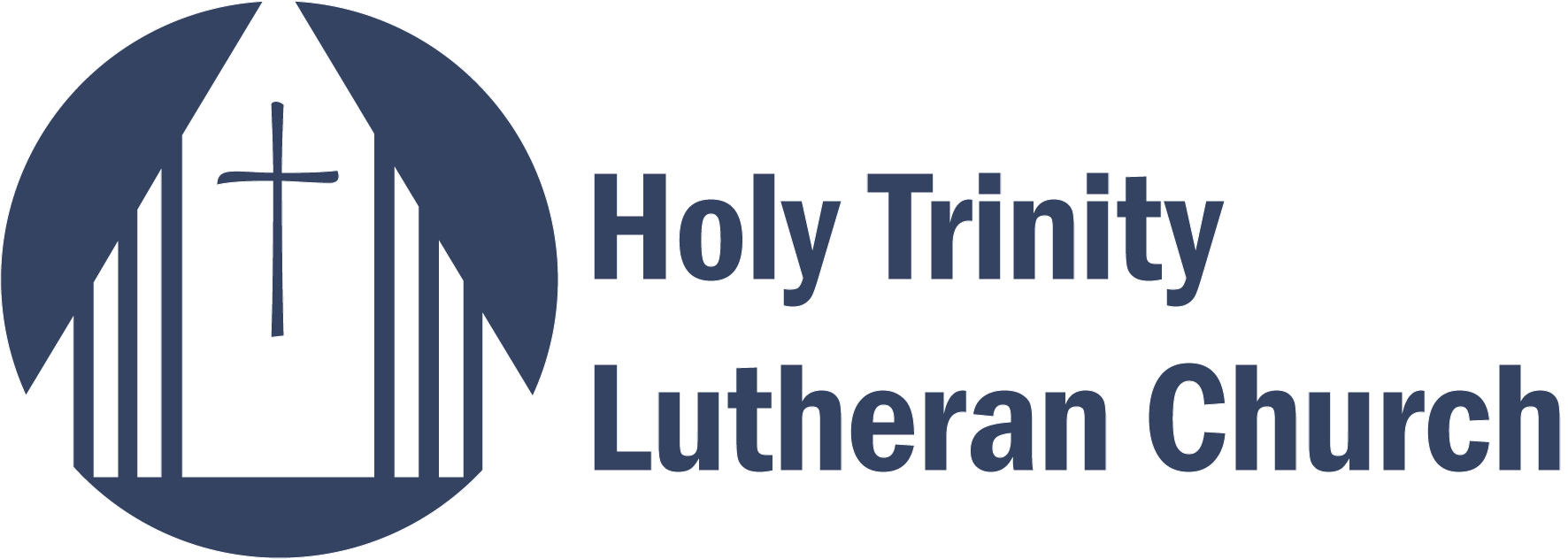Hold Fast to the Hope

We are quickly coming to the end of the liturgical church year; the cycle of days and weeks and festivals by which some Christians order their lives; the cycle that revolves around the story of Jesus and his birth, life, death, resurrection, ascension, and promise to come again.
The liturgical church year is marked by varying seasons – Advent, Christmas, Time after Epiphany, Lent, The Three Days, Easter, Time after Pentecost – each with their own scripture readings and color and rhythms and rituals; each with their own deep richness and meaning that bring us closer to living each day in the presence of the God who created us in God’s own image and who loves us with an everlasting love.
For many, many, many weeks now – really, for about the last 6 months – I have been announcing the Sunday to you at the beginning of worship as some Sunday after Pentecost. Today, the 26th Sunday after Pentecost.
Joan Chittister, the Benedictine nun and prolific writer, describes this time of Pentecost – this ordinary time, as our Episcopal siblings call it – as “the extraordinary period of coming to see the world through the eyes of Jesus. It is the period when we determine how we ourselves will act from now on. It is the period of catechesis in the faith, of immersion in the scriptures. It is the time when the implications of Easter and Christmas become most clear to us all.”[1]
Next Sunday is the last Sunday after Pentecost – the last Sunday in the liturgical church year – Christ the King Sunday. One of the newest additions to the liturgical church year, Christ the King Sunday focuses on the dominion of Jesus as he reigns over all the world, above and beyond any earthly power. That’s a message we need to hear, repeatedly, and we need to remember, and take to heart, especially in these days as we watch our country continue to change under a new administration, in ways we may not have anticipated and we may not support.
As I mentioned earlier – and as perhaps you know – each Sunday in the liturgical church year has its own particular scripture assigned to it. That’s because we follow the Revised Common Lectionary; the list of weekly scripture readings that follow the seasons and festivals of the year. The lectionary is a sign of unity in the church. It was developed through the collaboration of many faith traditions and it continues to be used in those traditions. Today, if you worshiped in another church – Roman Catholic, Episcopal, Presbyterian, Methodist, Lutheran – it is likely that you would hear the same readings we had today. Likely; though not guaranteed, of course.
All of that is to say – I did not choose the scripture readings for today; the scriptures that point us toward the end times and our response in times of trial and tribulation and change; the times we live in today.
I did not choose the scripture from Daniel, that tells us that “…those who sleep in the dust of the earth shall awake, some to everlasting life and some to shame and everlasting contempt. Those who are wise shall shine like the brightness of the sky, and those who lead the many to righteousness, like the stars forever and ever.”
I did not choose the scripture from Hebrews, that calls us to be bold and to “hold fast the confession of our hope without wavering, for he who has promised is faithful.”
I did not choose the scripture from Mark, in which Jesus describes the coming destruction of the temple, when the large stones and large buildings in the sprawling space would be thrown down and destroyed. (This happened in 70 CE, when the Roman Empire conquered the Jewish people and ended their revolt in Jerusalem.).
It must have been distressing for the disciples to hear and image that kind of massive destruction and change in their lives. They could not have anticipated this kind of change. The temple was their sanctuary; the place where they brought their offerings and sacrifices; where they worshiped during the seasons and festivals of their own liturgical cycle. It was the place where these faithful people of God knew God would meet them; they knew God’s glory filled the temple.
Where would they find God if the temple was destroyed? Their whole life would be changed; disrupted; turned upside down. How were they to live in a world without a temple?
The good news for today, buried in these readings of doom and gloom for the end times that are to come, is that Jesus replaces the temple for those who believe in him. God meets God’s people, now, through Jesus, the Word of God made flesh; the light that shines in the darkness. God meets God’s people in the life-giving waters of baptism and in the nourishing meal of bread and wine, the very body and blood of Jesus Christ that we receive at God’s banquet table.
The good news for today is that Jesus is with us now. In the midst of the turmoil and conflict of the world in which we live today, Jesus leads us in the way, the truth, the life; Jesus leads us through the narrow gate, down the hard path; that we may have life and have it abundantly.
Do not be alarmed Jesus tells us. Beware. Watch and pay attention. Don’t let anyone lead you astray; don’t let any one distract you from the path that leads to everlasting life through Jesus Christ.
Continue to meet together – in worship and in community – to encourage one other to follow Jesus; and to show love for your neighbor and the world through acts of kindness and generosity and good deeds; and to shine like the brightness in the sky; to hold fast to the hope that is in you.
Look for God in the midst of all that you are and all that you do. Notice the moments when God is meeting you, now; when God is working in your life, now; when God is fully present in your life, now.
Notice the God signs – the God moments – the holy moments – that are all around you. Notice the moments that take your breath away.
Notice the moments when you feel awe and wonder as you experience the beauty of this world that God has created, in all its magnificent color and diversity.
Notice the moments that center you in Jesus; that root you in the certainty that Jesus’ death and resurrection to new life sets you free to be the unique person that God created you to be.
Notice the moments when you feel the Holy Spirit blowing by you and in you, filling you with the fruit of the Spirit – love, joy, peace, patience, kindness, generosity, faithfulness, gentleness, and self-control (Gal. 5:23); filling you with power to be God’s hands and feet and love in the world.
Remember that you are God’s beloved child; you are a member of the body of Christ; you are called, gathered, enlightened, made holy and kept in the true faith through the work of the Holy Spirit.
May you live each day in the presence of the God who created you in God’s own image and who loves you with an everlasting love. May you share that same love, freely and openly, with everyone you meet.
[1] Chittister, Joan. The Liturgical Year. the spiraling adventure of the spiritual life. Nashville: Thomas Nelson, 2009, p. 184

